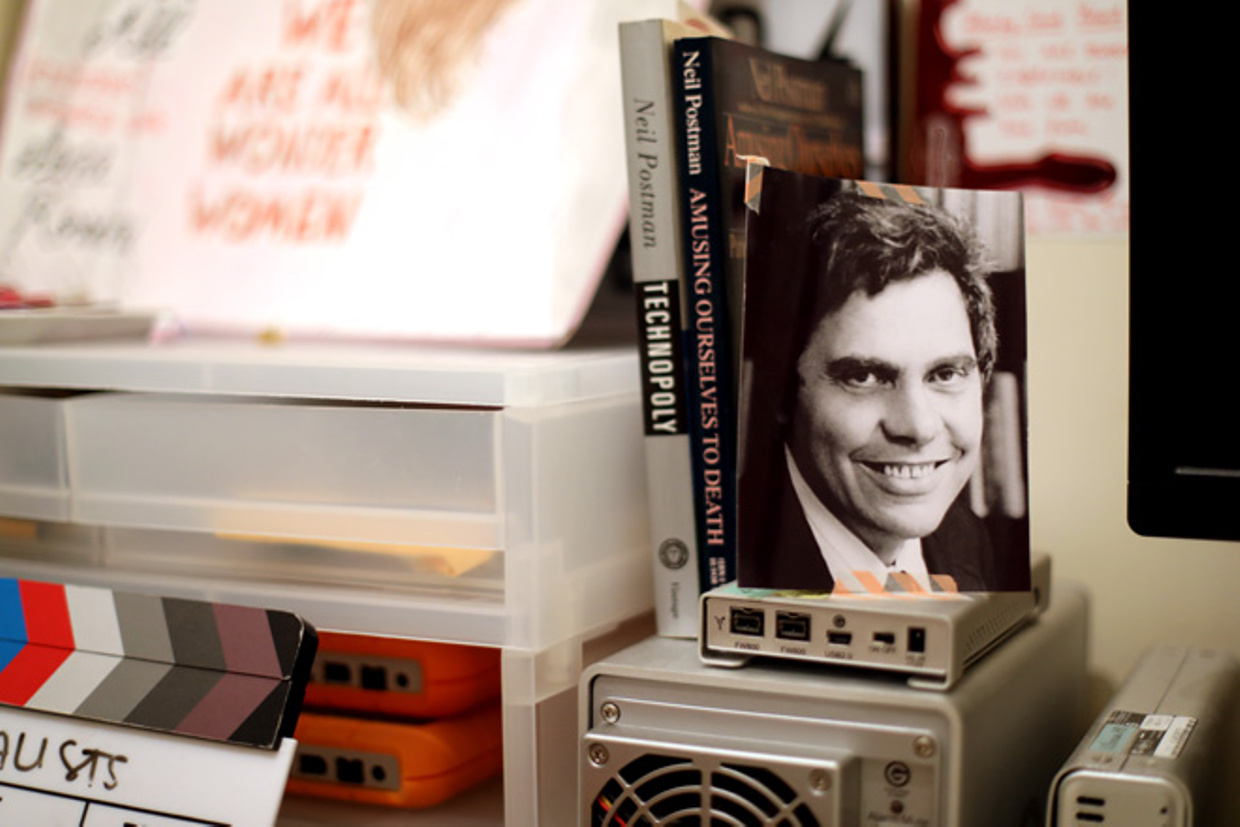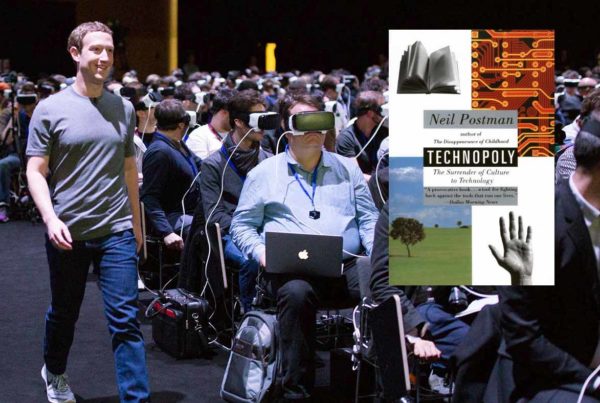I’m often asked what inspired me to make my first feature-length documentary The Illusionists. Even though it’s not a captivating origin story, here it is: it was the result of reading the essay “Beauty is the Beast: The Psychological Effects of the Pursuit of the Perfect Female Body”. Back in 2008, while home in Italy, I had been going through my old college textbooks, looking for something to read. I picked up a feminist anthology from Gender Studies 101, read that essay – which I found incredibly compelling – and the rest is history.A delightful side note is that I ended up reaching out via email and befriending the essay’s author, Elayne Daniels. We met up in Boston while I was writing the treatment for The Illusionists and we stayed in touch ever since. In the fall of 2016, I invited her to my screening of The Illusionists at Harvard University. She had written the essay in the early 1990s, while she was studying for her PhD, and she was so proud to see it had inspired this documentary so many years later. It was definitely a day for the memory books, for the both of us.

October 24th 2016 – almost 2 years ago to this day! Here I am with Elayne Daniels at the screening of The Illusionists at Harvard University
Just like The Illusionists, The Realists was also inspired by a book: the late Neil Postman’s Technopoly, originally published in 1992. I discovered Neil Postman’s work only recently but not a day goes by when I don’t think about his books or lectures (there are plenty of them available on YouTube). I often ask myself: “I wonder what Neil Postman would make of this.” I think Postman was one of the most brilliant thinkers of the 20th century and it is surprising to me how his name – and work – are not more widely known.
I stumbled upon Postman’s work in February 2017, while reading The Guardian online. A headline had caught my attention: “My dad predicted Trump in 1985 – it’s not Orwell, he warned, it’s Brave New World.” Neil Postman’s son, Andrew Postman, had written a thought provoking article for the British newspaper that caught a nerve. To this day, it has been shared over 100 THOUSAND times. In the piece, Andrew Postman mentioned his father’s eerily prescient book Amusing Ourselves to Death: Public Discourse in the Age of Showbusiness, saying:
The central argument of Amusing Ourselves is simple: there were two landmark dystopian novels written by brilliant British cultural critics – Brave New World by Aldous Huxley and Nineteen Eighty-Four by George Orwell – and we Americans had mistakenly feared and obsessed over the vision portrayed in the latter book (an information-censoring, movement-restricting, individuality-emaciating state) rather than the former (a technology-sedating, consumption-engorging, instant-gratifying bubble).
I immediately purchased Amusing Ourselves to Death on my Kindle, devoured it in a couple of days, and moved on to a more recent book Postman Sr. had written: Technopoly: The Surrender of Culture to Technology. They are two of the most illuminating books I have ever read. To the point that I’ve become that annoying person who bugs her friends: “You must read Technopoly, it’s so good.” I must have recommended it to everyone I know: friends and strangers alike, as I often find myself quoting Postman during Q&A sessions for The Illusionists.
Technopoly cemented my desire to work on a documentary about the dark side of technology and its impact on our well being – but also on the culture and society at large. It would be impossible to distill the messages of the book in a few sentences, but I’d like to share with you some highlights. To begin with: what does Postman mean by “technopoly”?
Technopoly is a state of culture. It is also a state of mind. It consists in the deification of technology, which means that the culture seeks its authorization in technology, finds its satisfactions in technology, and takes its orders from technology.
My favorite passage from the book (emphasis mine):
Technological change is neither additive nor subtractive. It is ecological. I mean “ecological” in the same sense as the word is used by environmental scientists. One significant change generates total change. If you remove the caterpillars from a given habitat, you are not left with the same environment minus caterpillars: you have a new environment, and you have reconstituted the conditions of survival; the same is true if you add caterpillars to an environment that has had none. This is how the ecology of media works as well.A new technology does not add or subtract something. It changes everything.
In the year 1500, fifty years after the printing press was invented, we did not have old Europe plus the printing press. We had a different Europe. After television, the United States was not America plus television; television gave a new coloration to every political campaign, to every home, to every school, to every church, to every industry.
The first iPhone was introduced to the public in 2007: a mere 11 years ago. Copycats from other brands soon followed suit. In 2011, 10% of the world’s population had a smartphone. Today, that number is closer to 36% (source). Neil Postman is not around to witness the impact of all this, but he would have unquestionably said that, a decade after the introduction of smartphones, we don’t have the world plus smartphones. These pocket-sized devices connected to the internet that we carry with us everywhere have had an impact on the way we work, how we relate to each other, our love lives, our family lives, our friendships, our health… they are now occupying so much of our attention, that most of us use them for hours every day; they have almost become an extension of our bodies. And it’s important we analyze the how, the why, and see if there are other ways we could be using them (or not).

I keep a picture of Neil Postman on my desk, in my home office – so that if I ever feel tempted to waste time online, his picture, next to my monitor, is a reminder that I should be doing loftier things.
I’d like to leave you with 6 questions that Neil Postman said we must ask, when thinking about a new technology. They have changed the way I see everything. Try to apply them to smart speakers (Alexa!) or any Internet of Things devices that are constantly promoted these days:
- WHAT is the problem to which this technology is a solution?
- WHOSE problem is it?
- What NEW PROBLEMS might be created by solving the original problem?
- Which PEOPLE and what INSTITUTIONS will be most seriously harmed by this new technology?
- What CHANGES IN LANGUAGE are being forced by these new technologies?
- What sort of people and institutions GAIN special economic and political power from this new technology?
If you are in the mood for a deep dive into Neil Postman’s lectures and interviews, I’d recommend starting with this video from 1995: “Neil Postman on Cyberspace“.
Have a great weekend!
– Elena



